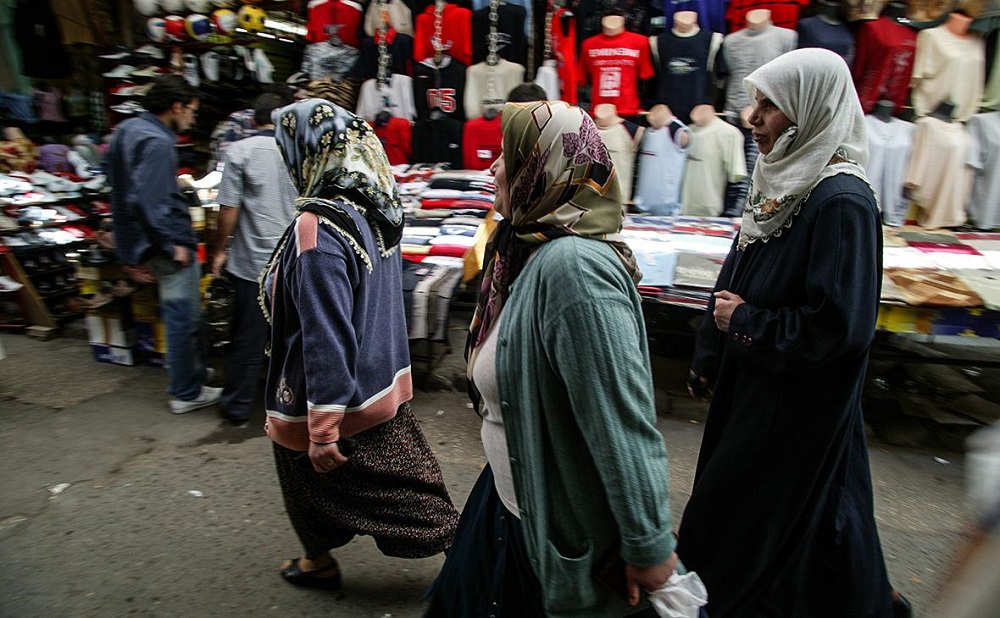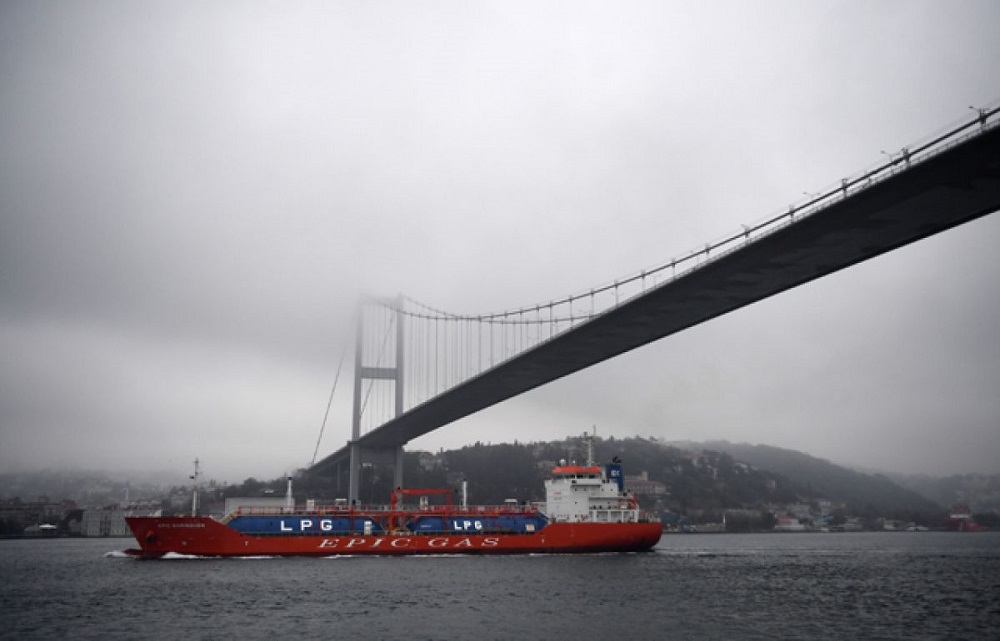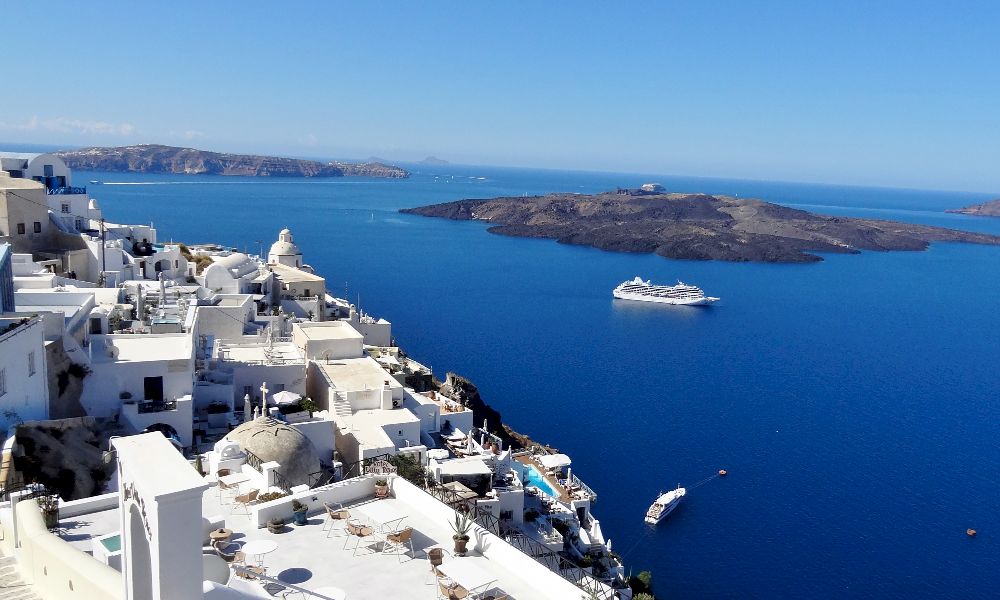Overview of elections in Turkey
Presidential and parliamentary elections in Turkey
The presidential and parliamentary elections in Turkey, scheduled for June 2023, have been brought forward to May 14 and declared extraordinary, as announced at the end of last week by President Recep Tayyip Erdogan.
- “The European Parliament does not respect its own decisions.” Analysis from Baku
- Ukrainian Security Service on crash of helicopter carrying government officials
- President of Georgia opposes resumption of flights with Russia
The magic of numbers
According to Erdogan, 73 years after the 1950 elections the people will reaffirm their decision. He thus hinted at the elections on May 14, 1950, in which, for the first time in the history of the Republic of Turkey, the autocracy of the Republican People’s Party (CHP) fell, which had lasted 27 years, ceding ground to the Democratic Party.
Now the elections are fewer than four months away.
The opposition has been demanding early elections due to an economic crisis and unprecedented depreciation of the country’s currency which began in 2018. But the authorities have consistently rejected this demand.
According to the Turkish Constitution, the president cannot be re-elected for a third term, and because Erdogan won the presidential election in 2014 and 2018, lawyers say that Erdogan’s candidacy in the next election would be unconstitutional.
But in the opinion of lawyers close to the government, the country switched to a presidential form of government in 2017 and so Erdogan is eligible for another term.
But all lawyers are unanimous in the sense that if the election takes place earlier than the planned date, i.e. before the expiration of Erdogan’s second presidential term on June 18, 2023, the re-election of the incumbent president is in accordance with the country’s legislation.
The opposition also announced that it could support snap elections in parliament if they are held before April 6.
Why April 6th?
On April 6, 2022, significant changes were made to the electoral legislation of Turkey. According to a requirement of the constitution, if the elections are held within one year from the date of the introduction of changes and amendments to the electoral legislation, they must be held according to the old rules.
According to the new rules, the 7% threshold in the parliamentary elections must be passed not by coalitions of parties, but by each party that is part of the bloc. This clause prevents the opposition from going to the polls by the formed “Table of Six”, which consists of two large and four small opposition parties. In order to participate in parliament, the opposition bloc must be reduced to such a number of parties that are guaranteed to gain 7% of the votes.
That is why the opposition has announced possible support for early elections if they are held before April 6.
But there is an article in the Turkish Constitution by which President Erdogan can dissolve parliament and call for new elections. But lawyers retort that in this case, Erdogan’s own candidacy thus automatically becomes unconstitutional.
Despite these controversies around the legislation, Kemal Kılıçdaroğlu, head of the main opposition CHP party, said they would not interfere with Erdoğan’s candidacy, even if it would be contrary to the constitution. According to him, if the opposition takes a different path, Erdogan will invent a new legend of pressure which can dramatically increase his rating.
Main candidates
At present the public still knows the names of two candidates for the presidential election — current president Recep Tayyip Erdogan and the chairman of the Vatan (Motherland) Party, Dogu Perincek, known for his pro-Russian views.
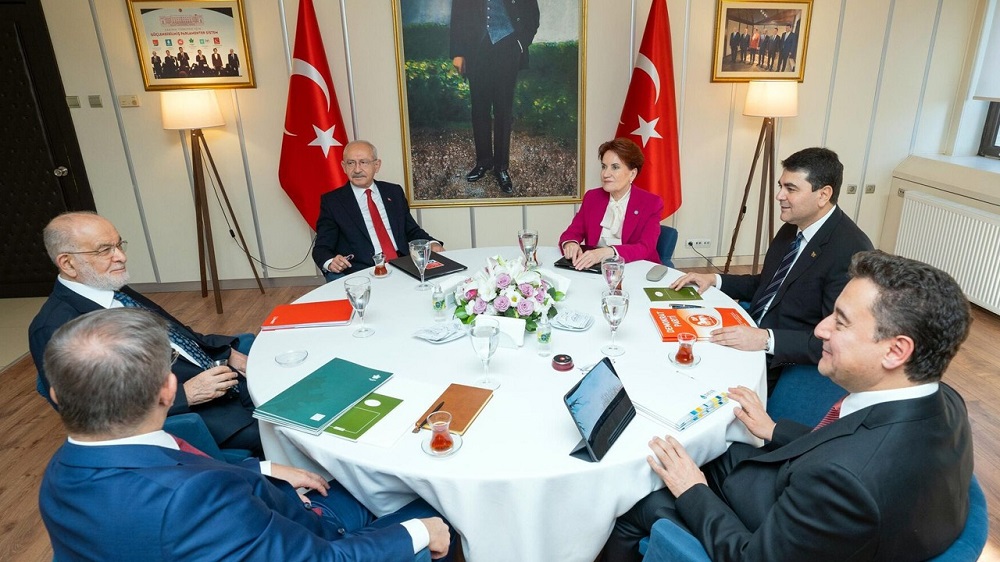
The candidate from the opposition bloc “Table Six” is still unknown. This bloc consists, as the name implies, of six opposition parties:
- CHP, the country’s main opposition party;
- İYİ Parti (Good Party) – in 2017, separated from the nationalist party of the MPR, currently the main ally of the ruling AKP;
- Gelecek Partisi (Party of the Future) – a party that separated from the ruling AKP, whose chief is former Prime Minister Ahmet Davutoglu;
- DEVA Partisi, also a splinter party from the AKP, led by the country’s former Foreign Minister Ali Babacan;
- Saadet Partisi (Party of Happiness) – a conservative party close to the roots of the AKP;
- Demokrasi Partisi (Democratic Party) – representing conservatives
No one in the country doubts that the main struggle in the presidential elections in Turkey will unfold between Erdogan and the candidate from the “Table of Six”.
Who can become a single candidate from the opposition?
Since mid-2022 CHP chairman Kemal Kılıçdaroğlu has been positioned as the most likely opposition candidate. But the fact that Kılıçdaroğlu previously lost to Erdogan in elections more than once, has a low rating in conservative sections of society, and is not considered a “young, dynamic and charismatic” leader, reduces the opposition’s confidence here.
Meral Aksener, chairman of the Good Party, has a higher rating, but announced in advance that she would not run for the presidency, and admits the possibility of becoming the country’s prime minister only after Turkey becomes a parliamentary state again.
Ali Babajan, chairman of the DEVA Party, is not averse to becoming a candidate, but in the eyes of opposition voters, he is a former minister from the AKP, which would make him dubious “opposition” in the eyes of voters.
Ekrem Imamoglu and Mansur Yavash
Currently, most opposition voters want to see Istanbul Mayor Ekrem Imamoglu as a single candidate from the “Table of Six”. The Good Party, led by Meral Aksener, expresses open support for Imamoglu.
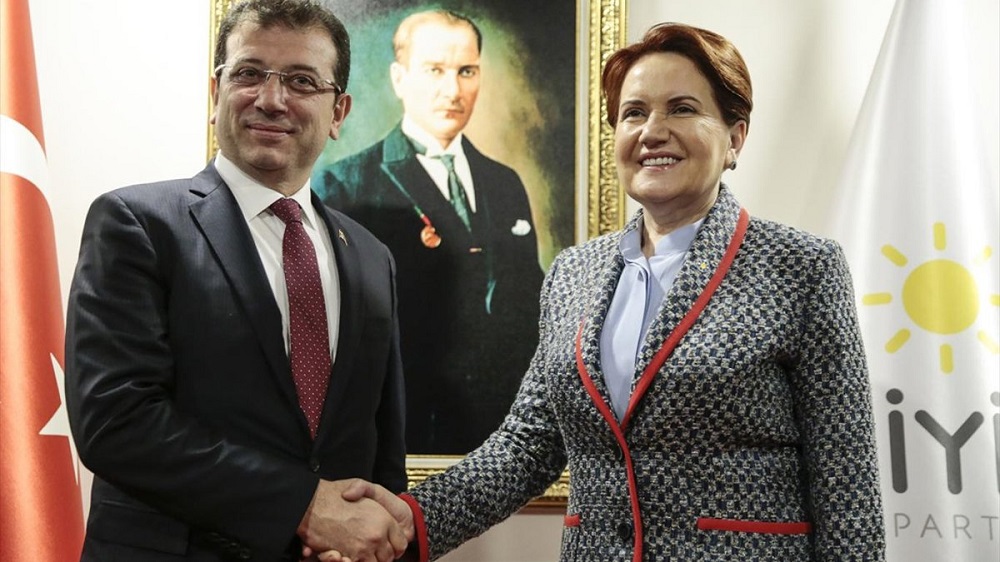
Imamoglu is the natural leader of the opposition after outsmarting former Prime Minister Binali Yıldırım in Istanbul’s mayoral elections twice in a row in 2019. He is also quite young and enjoys the support of the young and the Kurdish.
But in December 2022 a court convicted Ekrem Imamoglu of insulting the minister of internal affairs and members of the election commission. He is also temporarily banned from political activities. This factor scares oppositionists.
The court decision has not yet been confirmed by higher authorities, and has not gone into effect, but if Imamoglu becomes the only candidate from the opposition, the authorities can initiate a lightning-fast confirmation of the court decision and formally arrest the mayor of Istanbul.
Another popular opposition candidate is Ankara Mayor Mansour Yavas. The Good Party announced that if Imamoglu fails to be nominated for the presidency, then Yavash is the best option.
Yavash’s main problem is that he used to be a member of the MPR nationalist party, which is likely to be an obstacle for Kurdish voters.
In addition, if Mansour Yavash is nominated it is very likely that the Kurdish HDP will take part in the elections in alliance with other left-wing political organizations. 10-12% of voters would vote for this coalition, a very impressive and serious figure, and will hinder the opposition.
Problems of the Kurdish Party
Prior to this the Kurdish HDP party, along with other left-wing parties, was expected to support a single candidate from the “Table of Six”. But at that time, almost everyone was sure that Ekrem Imamoglu would be the only candidate.
The Kurdish party has problems with the nationalist “Good Party” and considers itself isolated because it was not invited to the “Table of Six”.
The HDP, however, is currently under litigation and could be banned altogether over ties to the terrorist Kurdistan Workers’ Party (PKK). The case is still under consideration in the Constitutional Court, and it’s anyone guess what decision the latter wil reach.
Another important factor is the most popular and charismatic representative of the HDP and the entire Kurdish political movement, Selahattin Demirtas, who has been under arrest for seven years, which removes him from consideration as a candidate.
According to the latest public opinion polls, after several decisive economic steps Erdogan has managed to slightly raise his rating, which took a hit after the coronavirus pandemic.
Raising the minimum wage to 8,500 liras (about $455), granting middle-aged people the right to retire, promising a general amnesty and handling of conflicts with other nations have boosted the party’s ratings.
According to a recent poll by the TEAM think tank, votes of the ruling alliance of the AKP and MPR parties has reached 44%. The CHP and the Good Party can hope for 37.7% of the vote, the Kurdish HDP 11.1%.
Commenting on the survey data, political observer Emrah Gyulsunar said that if the it ends with another victory for Erdogan in the elections, the culprit for this will be the chairman of the CHP, Kemal Kılıçdaroglu, and the leaders of other opposition parties. In his opinion, if Ekrem Imamoglu’s candidacy had been announced in advance, the fate of the elections would have been sealed in favor of the opposition.
Political scientist Ihsan Dagi is of the same opinion. He noted that opposition leaders already consider themselves winners, and have set about deciding which of them will sit in the presidential chair, but in the end they will be responsible for defeat.
Ahmet Shyk, a member of the Turkish parliament from the Workers’ Party (İşçi Parti), recalled that according to the new legislation, even if the AKP-MPR coalition in power gains 41% of the vote, it may count on a majority in parliament. Under such conditions the second round of presidential votes can send swing voters to vote for Erdogan owiong to fatigue over the economiy. According to the deputy, in order to prevent such a scenario the opposition should carefully consider the issue of a single candidate and try to win elections in the first round.










